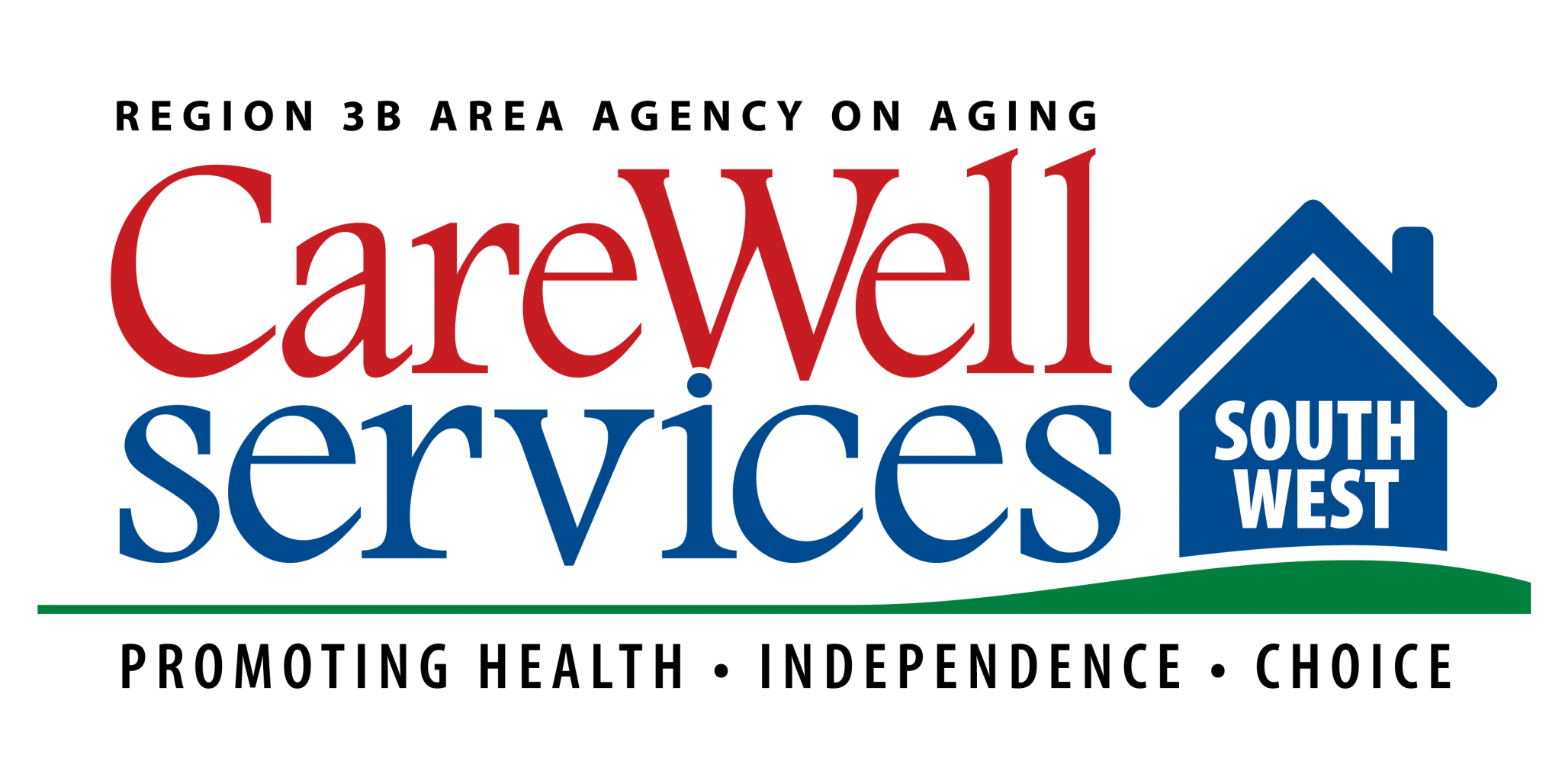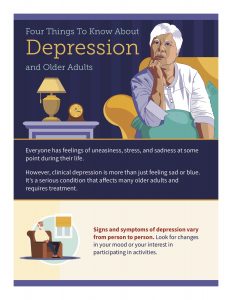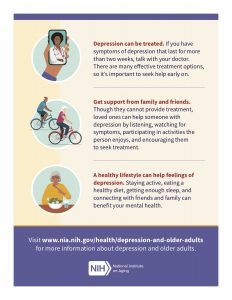Mental health plays a considerable role in overall health and wellbeing, and only recently are many of these conditions being normalized brought to the forefront in the media.
Many challenges surround the diagnosis and treatment of mental health conditions including identifying risk factors, increasing awareness, receiving proper treatment, removing the stigma, eliminating health disparities, and having access to sufficient mental health services.
Many people struggle with anxiety, depression, mood disorder, cognitive impairment, or other mental health concerns. I think that it is especially prevalent in Michigan during our winter months, when it becomes harder to get out and social isolation becomes a concern.
Depression is the most prevalent mental health problem with older adults and can be associated with distress and suffering. It can lead to mental, physical, and social impairments. Although the rate of depression tends to increase with age, depression is not a normal part of aging. It is important to know that depression and anxiety often go hand in hand and it is important to treat both properly.
Signs and symptoms of depression include:
- Lack of motivation or energy
- Sadness or feeling of despair
- Loss of interest in socializing
- Confusion
- Struggling to pay attention
- Not enjoying activities, you used to
- Change of weight or appetite
- Sleep disturbances
- Loss of self-worth
- Being unable to keep up a household
Some daily habits have been shown to support improvised mental health including regular physical activity, eating balanced meals, sleeping 7-9 hours per night, staying in touch with friends and family, and partaking in activities you enjoy.
Strategies for relieving anxiety include breathing exercise, physical activity, keeping a routine, finding a relaxing hobby, and having a social outlet.
These habits and strategies should not take the place of seeing a doctor if you need support for depression or anxiety.
For those who need assistance identifying mental health resources, please contact CareWell Services at 269-441-0980. If you or someone you know if struggling with thoughts of suicide please contact the National Suicide Prevention Lifeline right away at 800-273-8255.



